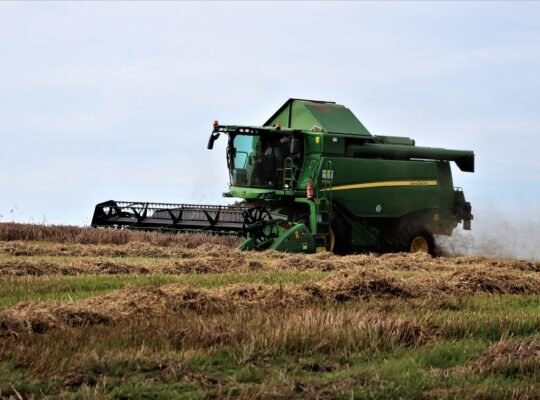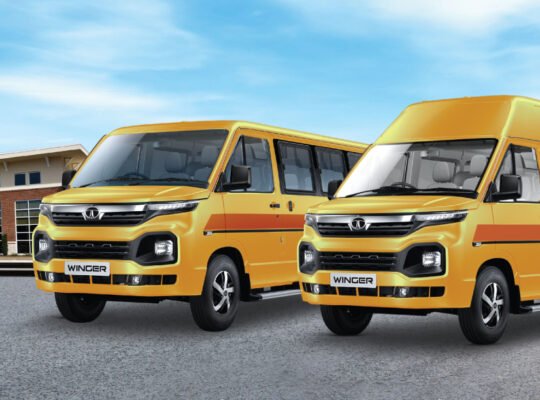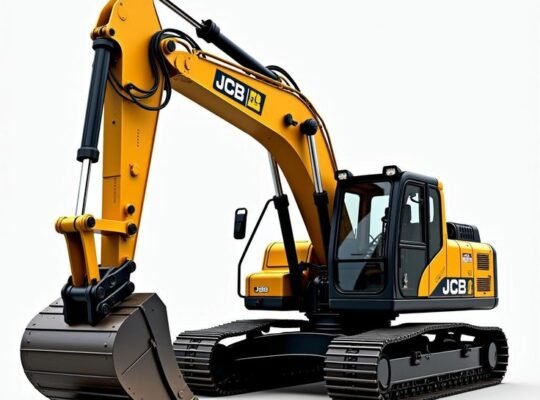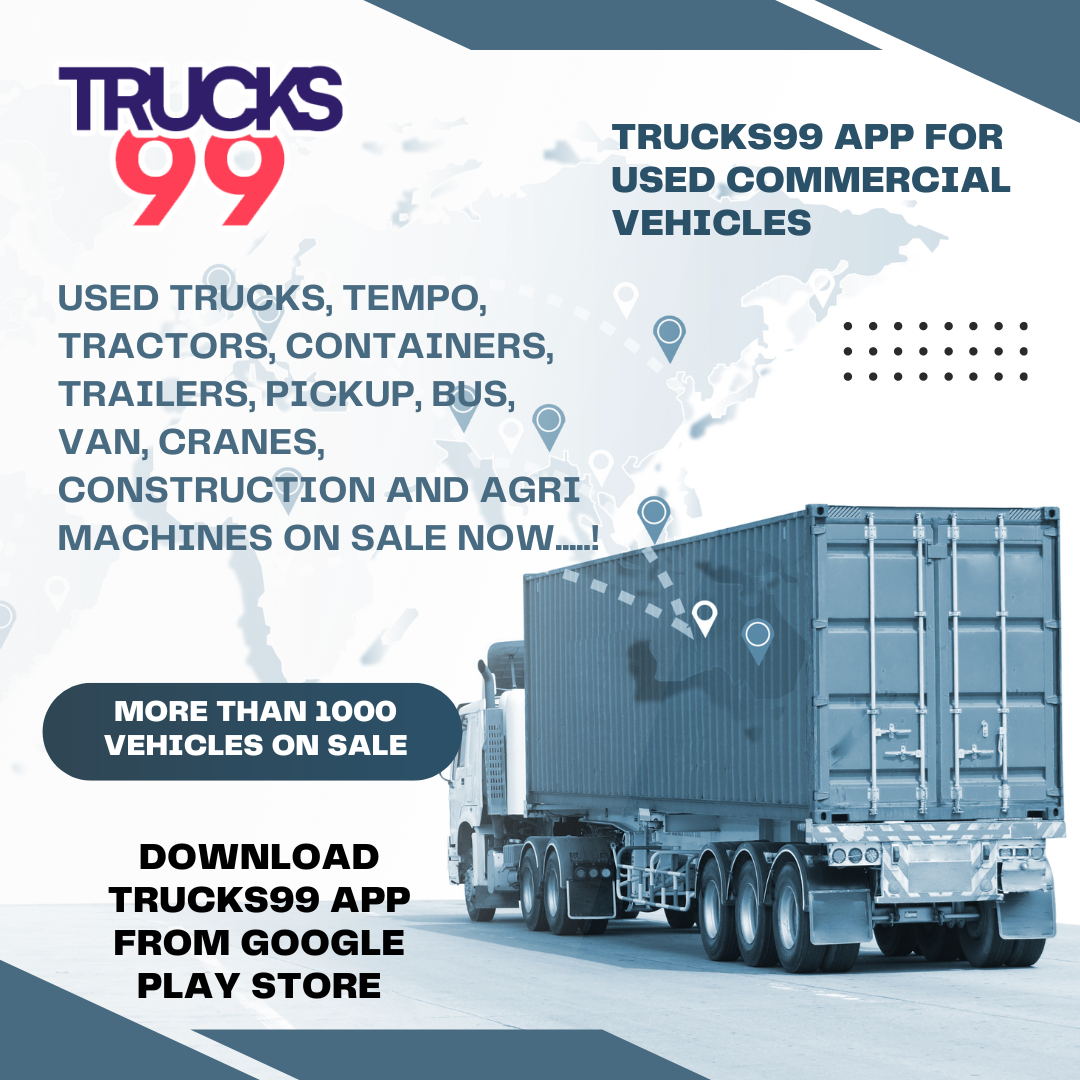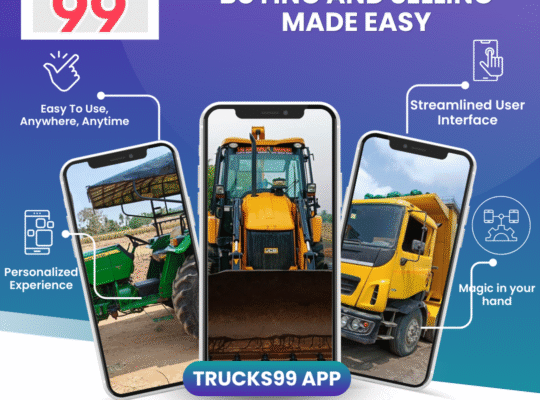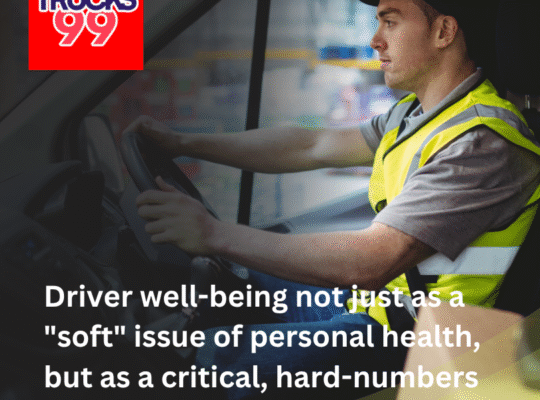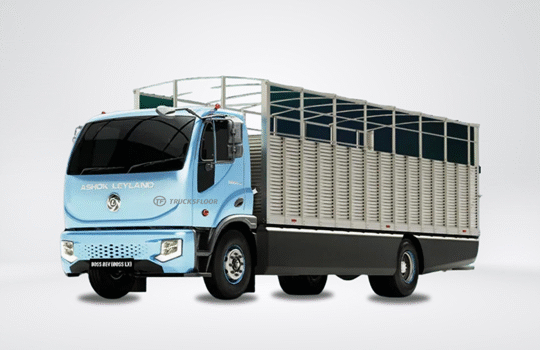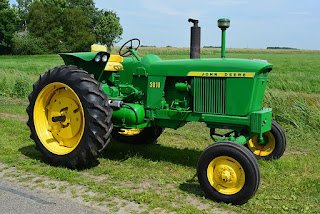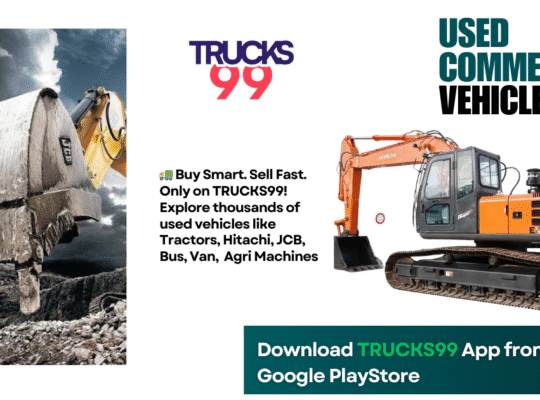“Drive Profits, Not Problems”
🛠 How to Buy Used Commercial Vehicles: A Smart Buyer’s Guide
Buying a used commercial vehicle — whether it’s a truck, tempo, tractor, JCB, bus, or construction machine — is a smart business decision if done carefully. Here’s a step-by-step approach and the points you must consider before making the purchase.
1. Define Your Needs First
• Identify the exact purpose: goods transport, passenger movement, agricultural work, or construction.
• Decide on the vehicle type & size: small tempo vs. heavy truck, mini-bus vs. coach, tractor HP range, etc.
Consider the terrain and route:
Highway, city, rural roads, or off-road construction sites.
📌 Tip: Don’t overbuy. A vehicle with the right capacity (not the largest) will give you better fuel efficiency and ROI.
2. Check Vehicle Age & Usage
• Look for vehicles 5–8 years old (sweet spot between cost savings & usability).
• Verify odometer reading — unusually low readings on old models may indicate tampering.
• Understand past usage (long-haul highway vs. short city trips vs. heavy-duty construction).
3. Inspect Documents Thoroughly
• RC Book & Ownership history – Confirm the vehicle is not hypothecated with a bank.
• Insurance papers – Check coverage,
claims history, and renewal.
• PUC Certificate – Mandatory for pollution compliance.
• Permit & Fitness Certificate – Especially for inter-state transport vehicles.
• Tax clearance – Verify no pending road tax or challans.
📌 Tip: A clean document trail protects you from future legal or financial disputes.
4. Physical & Mechanical Inspection
• Engine health – Look for unusual noise, oil leakage, and smoke levels.
• Tyres & suspension – Worn-out tyres add extra costs; check alignment.
• Transmission & clutch – Smooth gear shifts are crucial for heavy loads.
• Brakes & safety features – Ensure reliability for passenger and goods safety.
• Chassis & body condition – Check for cracks, rust, or welding repairs.
📌 Tip: If possible, hire a trusted mechanic to inspect the vehicle before finalizing.
5. Check Service History & Maintenance Costs
• Ask for service records if available.
• Vehicles regularly serviced at authorized centers tend to last longer.
• Compare availability and cost of spare parts in your local market.
6. Evaluate Total Cost of Ownership (TCO)
• Don’t just look at the purchase price. Add:
• Insurance cost
• Loan EMI (if financed)
• Maintenance & repairs
• Fuel efficiency
• This gives you the real monthly expense and helps you decide profitability.
7. Negotiate & Finalize the Deal
• Research market price for similar models before bargaining.
• Always keep a margin for future repairs while negotiating.
• Use a safe payment method and get a written sale agreement.
8. Transfer Ownership Properly
• Ensure RC transfer at the RTO is completed immediately.
• Update insurance policy in your name.
• This avoids liability in case of future accidents or violations.
✅ Key Takeaways
• Plan first: Buy based on business needs, not just low price.
• Verify documents: No shortcuts here — it protects your investment.
• Inspect carefully: Mechanical & legal checks are equally important.
• Think long-term: Consider total running costs, not just purchase cost.
👉 By following these steps, you can ensure your investment in a used commercial vehicle is safe, profitable, and hassle-free.

